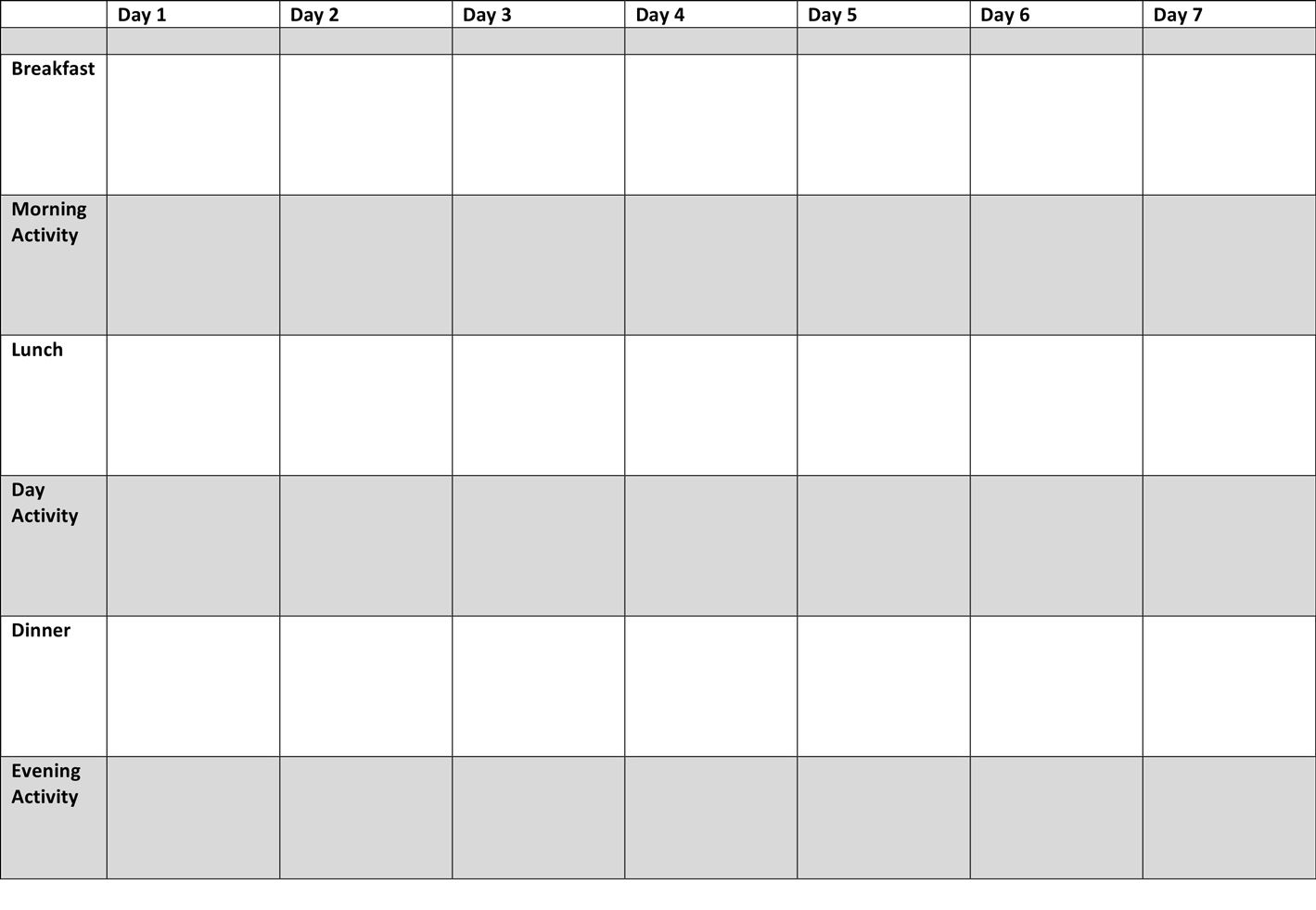Tips for planning a holiday with seniors

Whether we are young or old, age is no barrier to travelling as long as we are fit and healthy. But when planning a holiday with seniors, be mindful that they have different needs and are unlikely to have the same energy levels as younger travellers. Nevertheless, a holiday with your senior family members can be a memorable one as long as preparations are done well.
Here are some tips for an enjoyable and fuss-free vacation with seniors!
1. Destination

Pick a destination that is senior-friendly, bearing in mind the interests of seniors as well as the fact that they may have existing medical conditions. For seniors who are history buffs, a destination with plenty of historical and cultural sights will surely delight them! Nature-loving seniors will enjoy destinations with plenty of green spaces. Besides looking up the attractions available, do take note of the medical facilities available so that in the event of an emergency, you know that where to seek help.
Other factors to consider include the climate of the place, disability access and ease of transport. If your senior travel companions have mobility issues or are sensitive to extreme weather conditions, choose a destination that can sufficiently accommodate their needs.
2. Daily itinerary

Take it slow and easy when travelling with seniors. Avoid packing too many activities into the travel itinerary as seniors do not have the same energy levels as younger travellers. Be flexible, allow for breaks throughout the day and ensure they get sufficient rest. Depending on your destination and the needs of the seniors you travel with, about two to three activities in a day would suffice.
3. Packing essentials

Essentials such as prescribed medication, first aid kit, water bottle, light snacks as well as important documents should be packed inside a carry-on bag. If your senior travel companions have existing medication conditions such as high blood pressure or diabetes, ensure that you also pack a blood pressure monitor and blood glucose meter. Ensure that seniors have easy access to this bag of essentials.
Do bring a prescription letter from the doctor in the event that you need to get medication on the go – it will be better to bring your senior loved ones to the doctor and seek advice on how much medication to bring as you may not always be able to find them at a pharmacy abroad.
4. Travel light

The suitcase that your senior travel companions carry should be fitted with wheels and sufficiently light so that it is easier to transport around. Apart from the essentials, bring just enough clothing and toiletries to last seniors for the entire trip. Heavy suitcases will only be a strain on the joints and back of seniors. If your senior travel companions have mobility issues or joint problems, consider sharing a suitcases with your senior travel companions so that there will be less baggage to handle.
5. Choose non-stop flights where possible

Flying non-stop may mean higher air fares but it also means shorter journey times, not to mention that they are hassle-free. Connections do not only prolong journey times, but can also taxing for seniors, particularly those with mobility issues. Running from one gate to another to catch a connecting flight is probably the last thing you and your senior travel companion would like to. If flight connections are inevitable, pick one with a minimum layover of 2 hours so that seniors will have enough time to get around.
[icegram campaigns=”612″]
